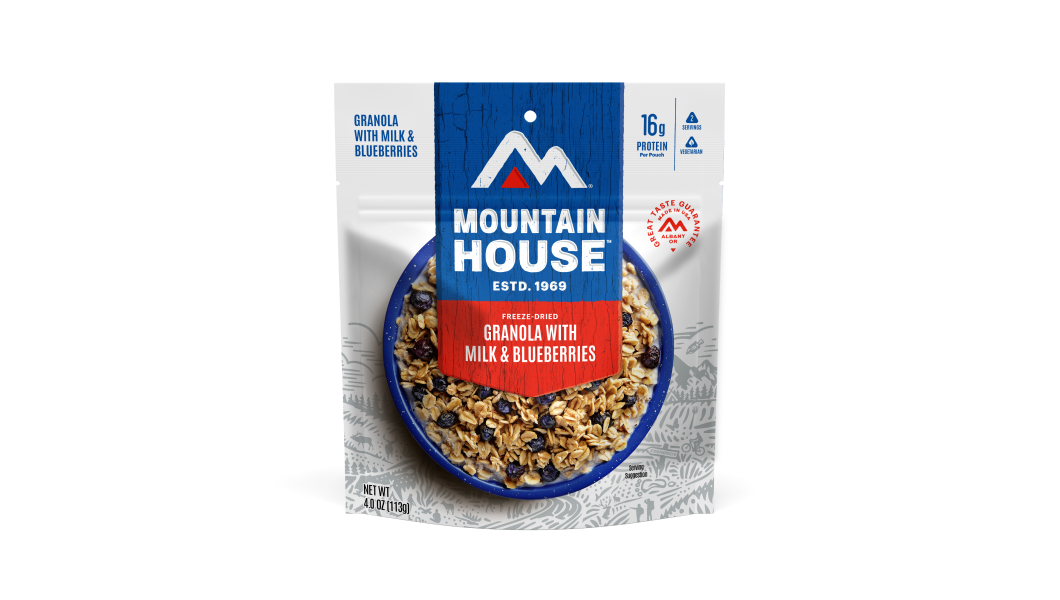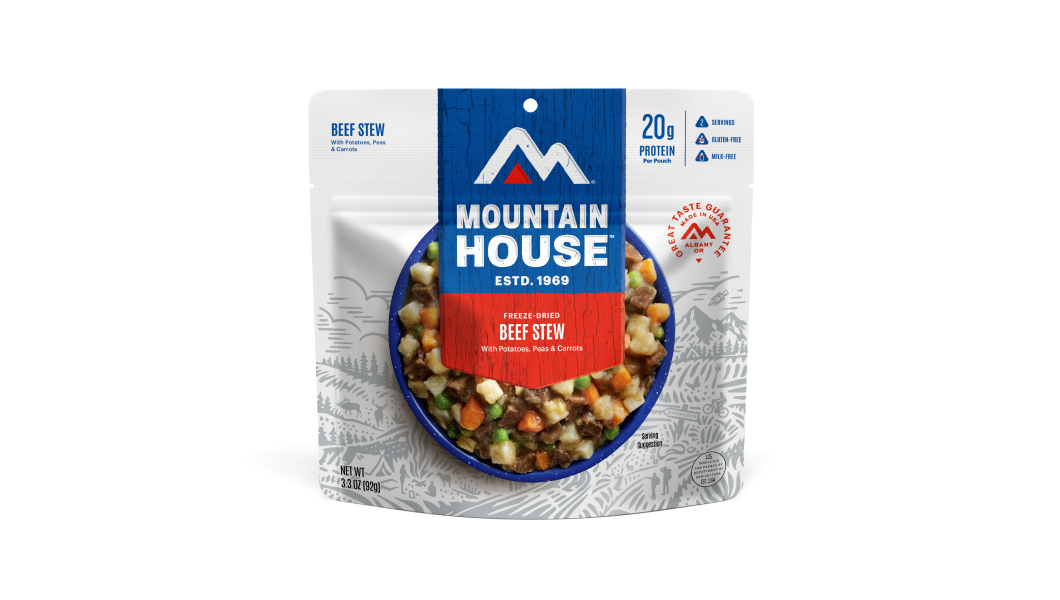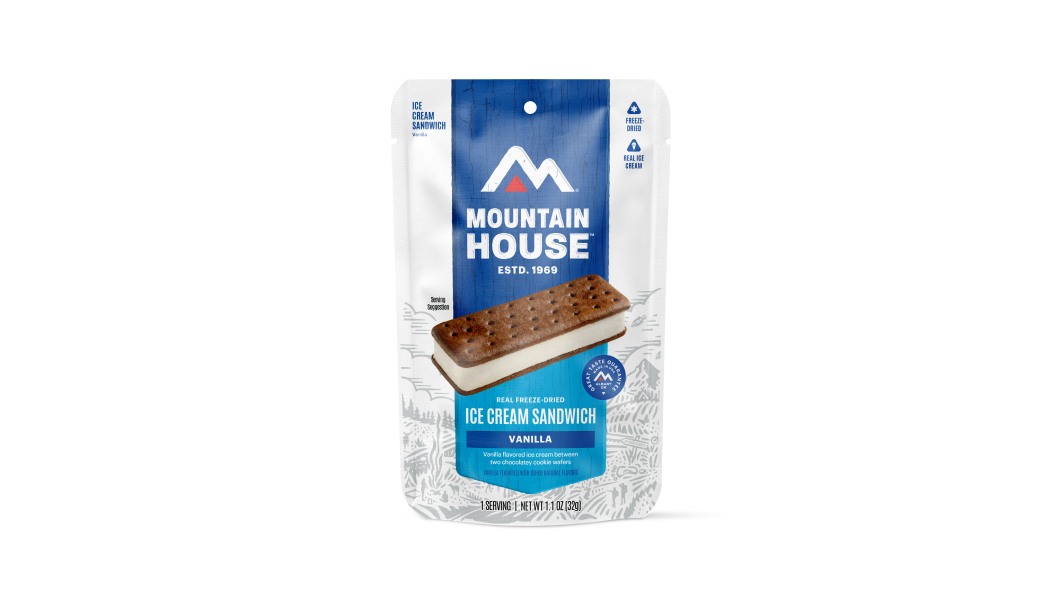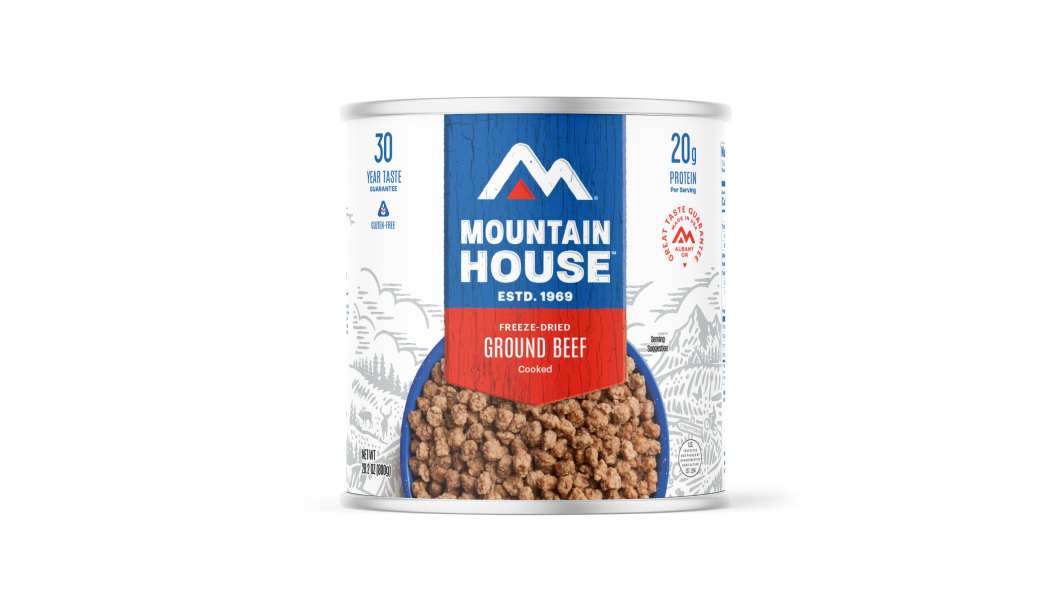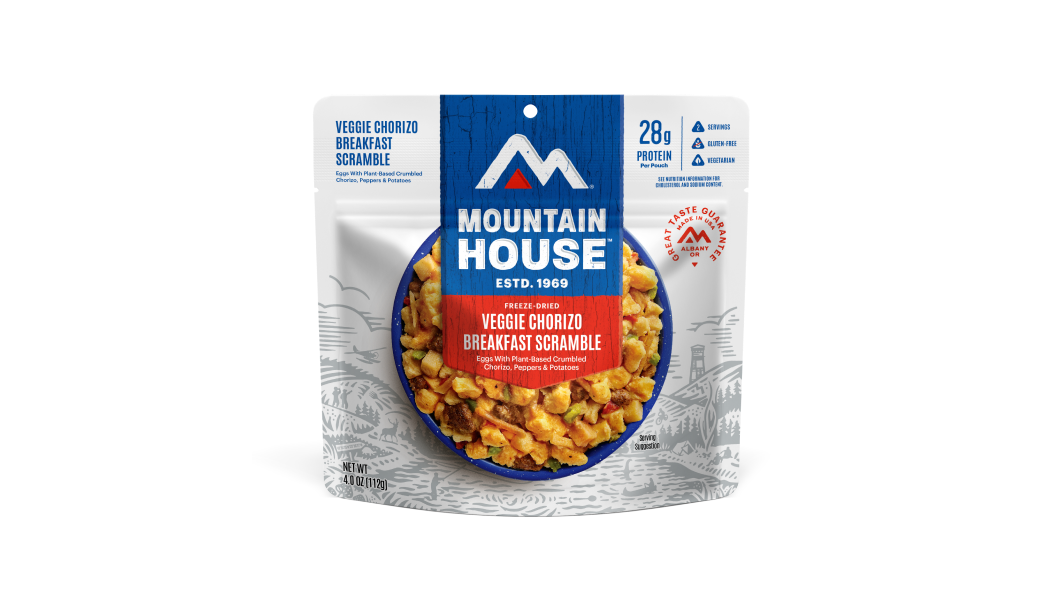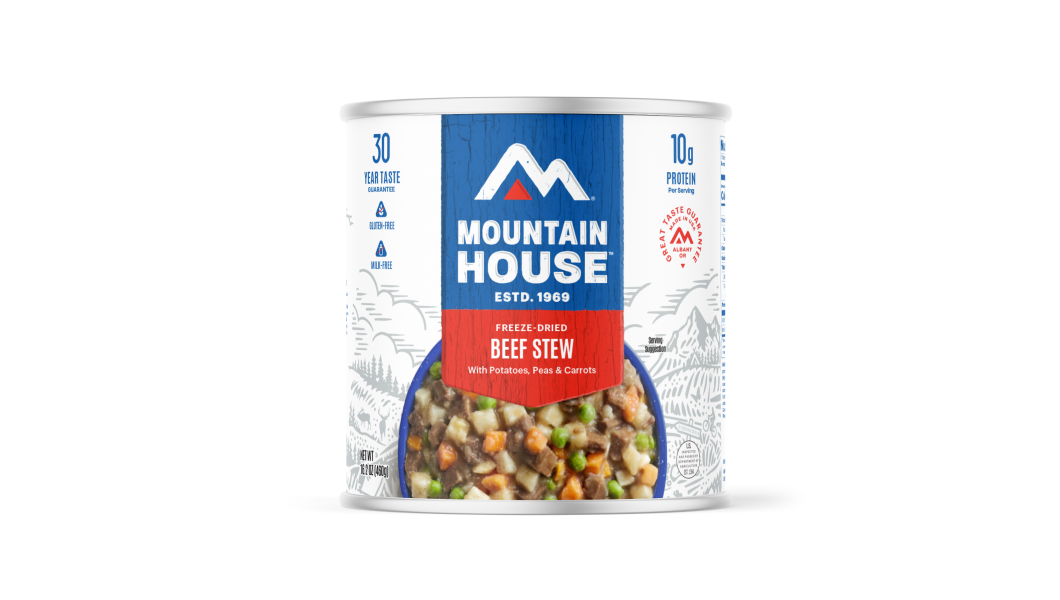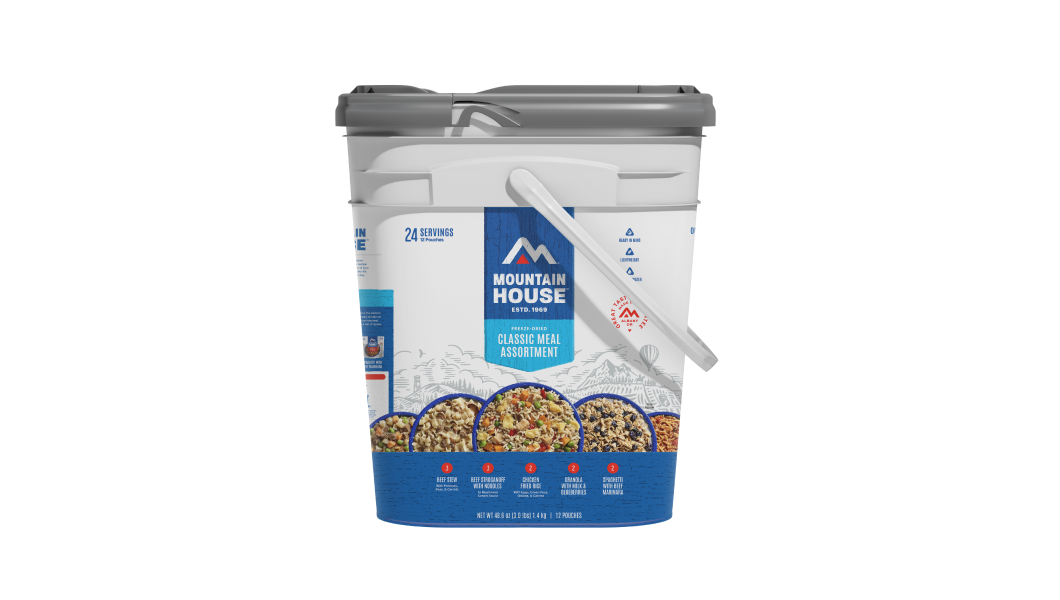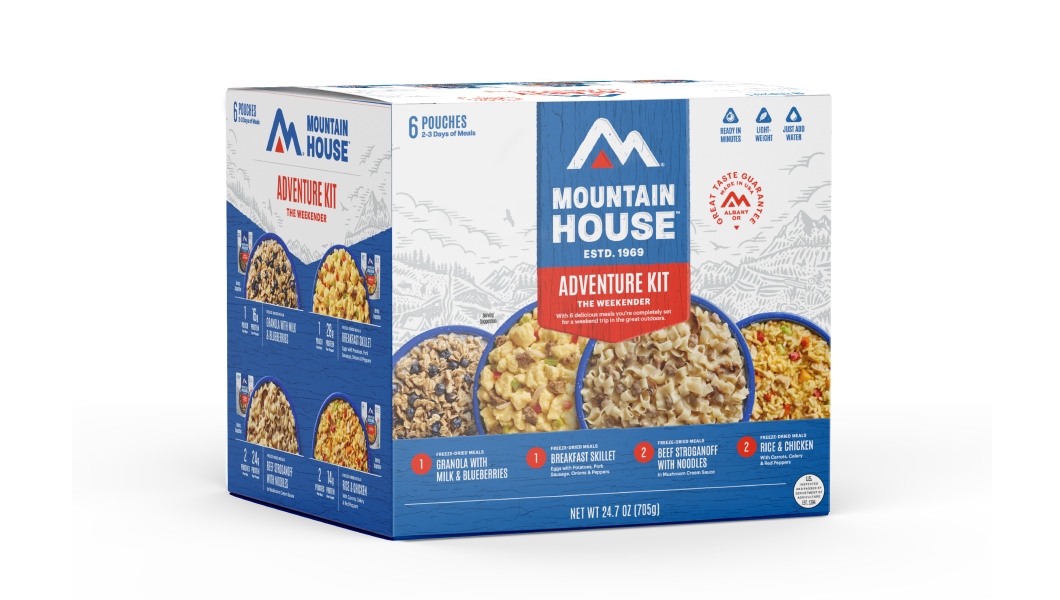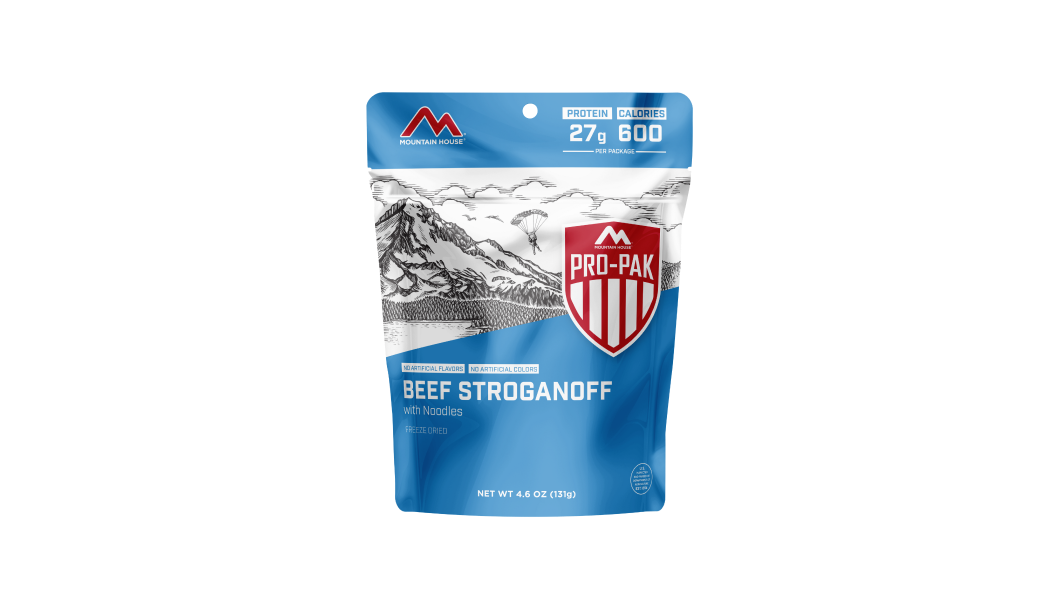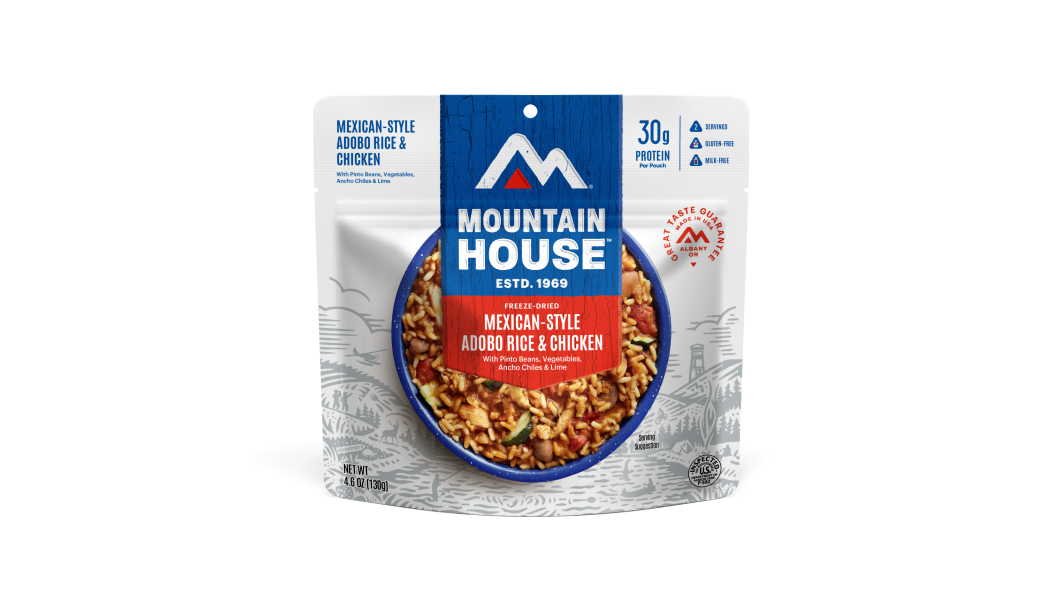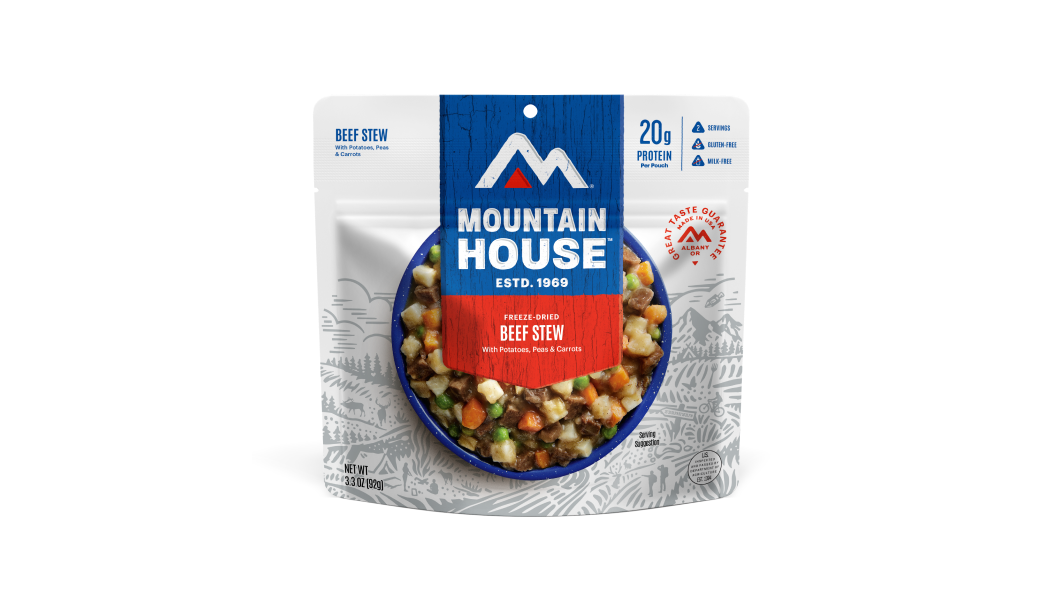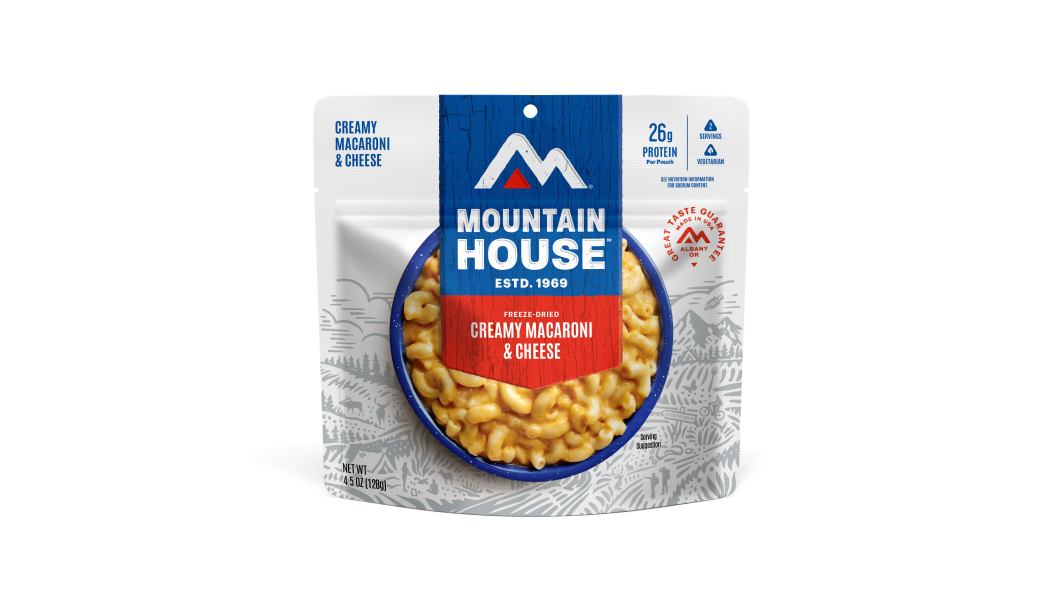Inspired for an Adventure? Check out Beef Stroganoff - Pouch and Beef Stew - Pouch
Free Ground Shipping On All Orders
Over 2,100 Reviews
Add description, images, menus and links to your mega menu
A column with no settings can be used as a spacer
Link to your collections, sales and even external links
Add up to five columns
Add description, images, menus and links to your mega menu
A column with no settings can be used as a spacer
Link to your collections, sales and even external links
Add up to five columns


In the developed world of the 21st century, it’s easy to take modern comforts for granted until a severe storm, a major power outage, or another disruption suddenly upends life in even the biggest cities. You may be well-versed in the 1-2-3s of wilderness survival, but the idea of having to apply emergency preparedness tools and techniques as an urban prepper may be a new one.
In this article, we explore the concept of urban survival and what it takes to become a confident, self-reliant urban prepper.
Why Urban Survival Planning Is Important
There are plenty of scenarios that might disrupt the normal and predictable routines of everyday city life. While our imaginations might gravitate toward visions of pandemics and terrorist attacks, or the odd zombie apocalypse, extreme weather events are a more likely situation. Tornadoes, hurricanes, floods, severe thunderstorms, blizzards: The atmosphere can wreak real mayhem, and in the wake of one of its outbursts, you may find yourself stranded in a devastated neighborhood, surrounded by floodwaters, or simply contending with a widespread, long-lasting power outage or a contaminated public water supply. Similar calamities can also occur after earthquakes, tsunamis, wildfires, and a number of other natural disasters.
Urban areas amplify these risks: high population density can overwhelm emergency services, complex supply chains can grind to a halt, and many city homes and apartments offer limited storage and escape routes. Because many natural disasters are difficult to predict, and because one kind or another can strike just about anywhere, preparing in advance is the first step in reducing your vulnerability.
You might have only a few days’ advance warning about a hurricane making landfall, and if you wait until then to stockpile provisions, you might be facing long lines at the grocery store and gas stations, not to mention shortages from picked-over shelves. In this hyper-connected day and age, abrupt emergencies might also arise from a cyberattack (or, less dramatically, a system malfunction) that disrupts, for instance, an urban area’s transportation or power grid.
Reasons to Get Emergency-Ready
A person might decide to become an urban prepper for any number of reasons, and there’s no question some have more dire outlooks than others. But being prepared for the unexpected, wherever you live, is sound, rational, and potentially lifesaving. Imagine an unforeseen disaster strikes: a tornado detours through your subdivision or an unexpected shift in winds means you need to quickly evacuate ahead of a blaze.
In these emergency situations, you may not have the time or the ability to assemble what you need to stay safe and comfortable for some unknown length of time—however long it takes for things to get back to "normal." And you shouldn’t assume rescue workers will quickly come knocking at your door (or tracking down your stranded vehicle): Depending on the circumstances, they may have their hands full, and transportation corridors may be blocked. These situations demand self-reliance and careful planning.
If you’ve readied yourself for a disaster, you’ll hopefully have bug-out bags ready, emergency supplies at hand, and a preplanned emergency protocol to follow. You may never have to use the urban survival gear you acquire or the urban survival skills you cultivate—hopefully, you won’t! But urban prepping gives you the peace of mind of knowing you’ve got both the know-how and the practical tools if disaster does strike.
The Basics Of Urban Prepping
A basic emergency kit, as the Federal Emergency Management Agency notes, should provide the supplies you need to get by for at least 72 hours, and ideally longer. We’re talking at least a three-day share of non-perishable food and water (a gallon per person per day), with larger reserves all the better.
Mountain House meals are a go-to for urban preppers. They’re compact, lightweight, and shelf-stable, making them perfect for apartments, bug-out bags, or emergency closets. We offer ready-to-use kits and buckets that take the guesswork out of emergency meal planning, including our three-, five-, and 14-day emergency food kits. (Don’t forget: Our products have the industry's longest shelf life, which is backed by our 30-year Taste Guarantee!)
Besides food and water, you’ll also want items including:
- A first-aid kit
- A battery-operated or (better yet) hand-crank radio
- Multiple flashlights
- Backup batteries
- A cell phone with a charging system (or two)
- A whistle
- Materials to make an emergency shelter (e.g., plastic sheeting)
It’s also a good idea to include blankets and warm clothing, copies of critical documents, some cash or traveler’s checks for at least 2 weeks of expenses, and household chlorine bleach. If you use prescription medication or you wear glasses or contact lenses, keep backups of these in your emergency kit as well. And don’t forget Fido and Whiskers! If you have pets, they need their own emergency kits, too (including their own stockpiles of water).
Urban Survival Training: Practice Makes Perfect
It’s one thing to have assembled the urban survival equipment necessary for a comprehensive emergency kit. But that’s not all that urban survival demands: You also want to define a plan of action and make sure that everyone in your household, including your kids, is familiar with it. This means mapping out an evacuation route in your house, ensuring everyone knows how (and when) to shut off utilities, ensuring everyone knows where their grab bags are, and practicing putting these kinds of measures to use through emergency drills.
Occasionally, running the family through a simulated disaster response might seem like overkill, but if an actual disaster occurs, you'll be thankful for the game plan you established—and that you were able to refine through trial-and-error in calmer moments.
The same idea applies to workplaces, schools, and anywhere else you or a family member spends a lot of time. Familiarize yourself with that location’s particular emergency-response protocol, and make sure everybody in the family has the contact info for every pertinent location.
Bug-Out and Get-Home Bags
There’s plenty of lingo connected to modern-day urban prepping, and some of it refers to variations on the standard emergency kit.
- Bug-out bags: Also known as “72-hour bags” among several other monikers, bug-out bags are meant to include items to sustain you while you evacuate from a disaster zone to a safe retreat (a “bug-out location”). Given that these havens might be in the backcountry, bug-out bags typically include many of the same survival items an experienced wilderness traveler carries, such as fire-starting and water filtration materials, in addition to tools for “living off the land," such as fishhooks. (Some Mountain House freeze-dried meals would come in handy, too!)
- Urban get-home bag: A get-home bag is a survival kit specifically designed to help you return home if an emergency or disaster catches you away—say, at work. Many people, after all, spend most of their waking hours on the road, at an office, or in a classroom. A get-home bag will typically be smaller and lighter than a bug-out bag—weight’s at a premium, after all, when you’re trying to get yourself home as quickly as you can. Your get-home bag might include items such as tennis shoes (for comfortably walking in an urban environment, not to mention hopping fences and other obstacles) and a detailed city map.
Once home, you might determine you’re secure enough to hunker down there (what some call a “bug-in” scenario); or, if conditions are dicey, you might reach for that bug-out bag and head for safer territory. Both kinds of survival kits are meant to cater to your personal situation.
A bug-out bag will look different depending on the sort of place you live in. The tools and supplies for bugging out in a swamp forest, for instance, won’t be exactly the same as those a desert dweller would depend upon. And a get-home bag will reflect the specifics and any unique challenges of your workplace (or wherever you spend most of your time outside the house), including how far from home it is.
Take Your First Steps in Urban Prepping
It's all too easy to go overboard when it comes to urban prepping, both in terms of scaring yourself with apocalyptic visions and in terms of amassing too much equipment (or impractical stuff for downright outlandish scenarios). But remember: Readying yourself for emergencies of even the most mundane sort is actually an exercise in building confidence, in feeling calmer and more secure in your day-to-day life. Life's unpredictable, but some simple preparations and straightforward provisioning can go a long way to helping you sleep a bit more soundly!
Shop Mountain House to find emergency food kits, meal planning tools, and resources to help you build a reliable emergency preparedness plan.

How to Prepare for a Power Outage in Winter: Safety Tips

How to Rotate Emergency Food: FIFO and Other Rotation Methods


Stay Hungry for Adventure
Sign Up for Delicious Outdoor Meals & Exclusive Offers!
By clicking ‘Join Now’, I agree to the Terms of Service and Privacy Policy.


Join the adventure
©2026 Mountain House — All Rights Reserved.
Your Cart is Empty
Continue ShoppingYour Cart
Subtotal
$0.00
EXPRESS PAYMENT METHODS AVAILABLE IN CHECKOUT
Taxes and Shipping Calculated at Checkout
Your ExpertVoice deal.
$[Deal Price]
$[Original Price]
Discount applied at checkout.
On sale now — lower than your ExpertVoice discount.
Not eligible for ExpertVoice discount.
